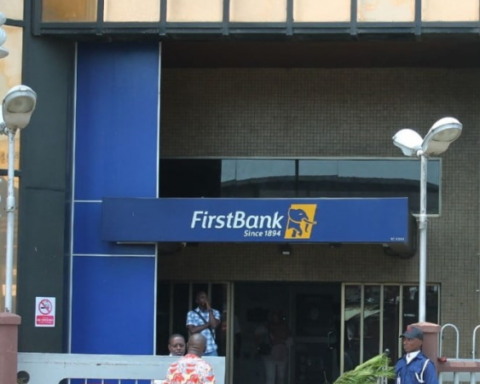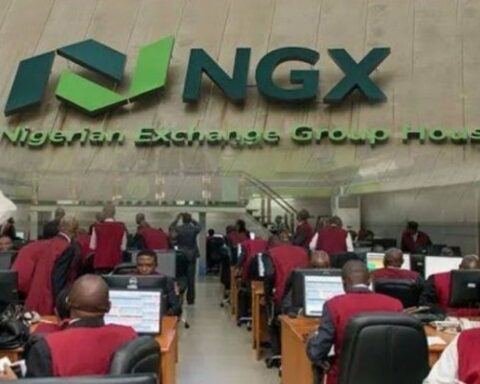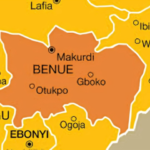BudgIT, a civic-tech organisation promoting transparency, accountability, and effective service delivery in Nigeria, has observed certain legacy issues with the 2025 Federal Government Proposed Budget.
It has therefore called on the National Assembly to proactively address the irregularities, exercise its “Powers of the Purse” responsibly, allow robust public participation in the budget review process, and ensure that the approved budget reflects the needs and preferences of Nigerians.
It said this could be done through job creation, poverty reduction, and inclusive broad-based economic growth.
In a statement signed by its Communications Associate, Nancy Odiegwu, the organization said a review of the performance of the Federal Government budget over recent years had revealed that “the Government often falls way off the mark in its macroeconomic assumptions, which pose serious fiscal risks leading to severe budget financing challenges, additional unforeseen government obligations, and a significant increase in public debt.”
“The government’s inflation projection of 15% in the 2025 fiscal year appears grossly unrealistic, considering that inflation, which stood at 34.6% as of November 2024, has been driven not only by monetary factors such as exchange rate and money supply but also by the constant increase in food and energy prices—both of which the government has not created a clear roadmap to resolving in the short term.
“While the oil price projection of $75 per barrel appears feasible given the global outlook of $70 to $73 per barrel, we strongly advise the National Assembly to resist the urge to increase the oil price benchmark to create fiscal space for their budgetary insertions, a practice observed in previous years.”
“Also, we have observed that the 2025 proposed budget breakdown submitted to the National Assembly for review and approval and published on the Budget Office website omits the breakdown of some MDAs, commissions, and councils, such as the National Judicial Council (₦341.63 billion), and TETFUND (₦940.5 billion).
“The budgets of over 60 government-owned enterprises (GOEs), including the Nigeria Ports Authority, Nigeria Customs Service, Nigerian Maritime Administration and Safety Agency (NIMASA), etc., were conspicuously absent from the 2025 Proposed Budget.
“Furthermore, a combined ₦2.49 trillion has been allocated to five regional development commissions (Niger Delta: ₦776.53 billion; South West: ₦498.40 billion; North East: ₦290.99 billion; North West: ₦585.93 billion; and South East: ₦341.27 billion) under the umbrella of personnel costs.
“This approach obscures the true nature of these commissions’ operational expenses. For context, the Ministry of Interior, responsible for overseeing the Nigeria Immigration Service, Nigeria Correctional Service, Nigeria Security and Civil Defence Corps (NSCDC), Federal Fire Service, and their governing board, has a significantly lower recurrent non-debt expenditure allocation of N648.84 billion.
“More worrisome is the fact that the 2025 budget notably omits funding for the Lagos-Calabar Coastal Road, a capital-intensive infrastructure project.
“This omission implies that if funding for this project materialises, it will likely necessitate reallocating funds from other critical projects, potentially hindering their implementation and impacting the budget’s credibility.
“It is worth noting that President Bola Ahmed Tinubu’s recent pronouncement regarding the retirement package of military generals, which includes the provision of a bulletproof SUV, fully paid foreign medical treatment, $20,000 as estacode for medical trips, and payments for domestic help, contradicts his previous commitments to reduce the cost of governance and welfare packages to top-ranked public officials and civil servants.
“Such provisions not only inflate the budget and widen the fiscal deficit but may also demoralise lower-ranking military personnel, who lack adequate health insurance and retirement benefits despite their higher exposure to combat risks.”
BudgIT recalled that in previous years, it had identified several budgetary insertions made by the National Assembly that deviated from the federal government’s constitutional mandate and priorities and are assigned to MDAs that have neither the capacity nor the mandate to implement the inserted projects.
.
The organisatioin expressed the belief that the legislature would exercise its power with the utmost responsibility in scrutinizing the budget proposal.



























